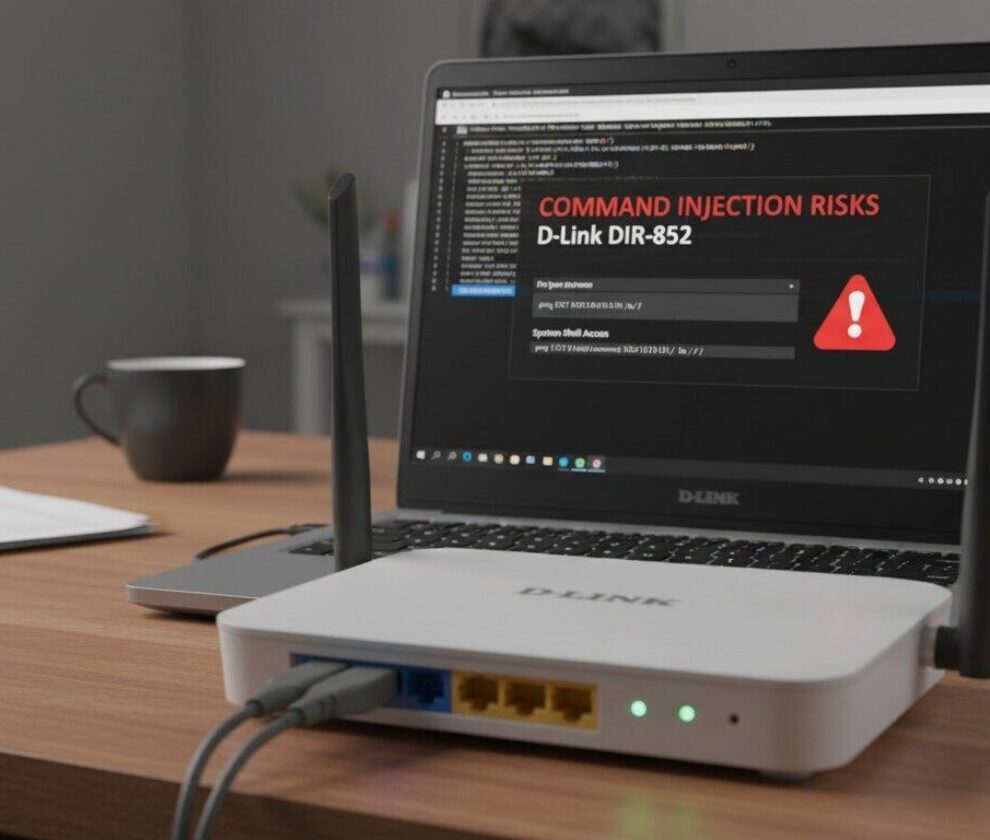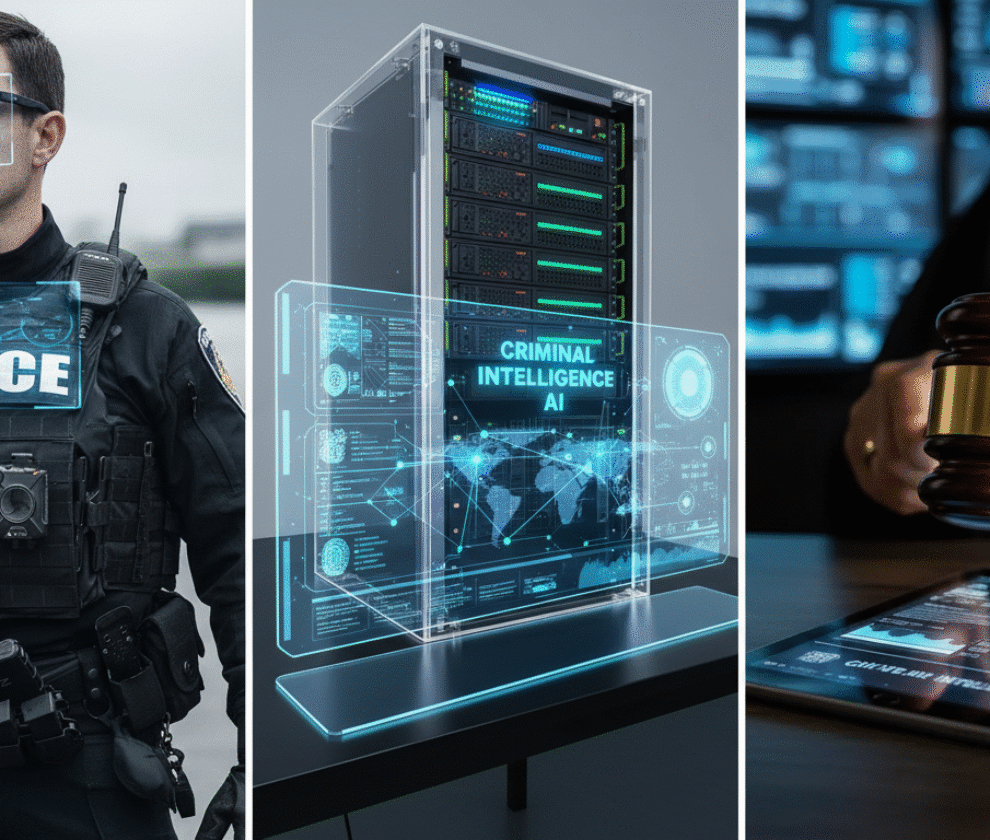Introduction
Cybersecurity threats are becoming increasingly prevalent, and the Akira ransomware group has made sure they remain in the headlines. Their most recent attack targeted two prominent American businesses: Carlson Building Maintenance and Five Star Mechanical Inc. Akira’s infamous double-extortion tactic not only encrypts critical business data but also leaks it unless a ransom is paid. In the wake of these incidents, the need for robust cybersecurity measures has never been more apparent.
Who Is the Akira Ransomware Group?
Akira is a notorious ransomware group with a reputation for sophisticated cyberattacks. Their modus operandi involves leveraging vulnerabilities in company networks to access and exfiltrate sensitive data. They are best known for their double-extortion schemes, which pressure their victims into paying substantial ransoms. Failure to comply results in stolen data being made public on the dark web, creating financial strain, legal repercussions, and reputational damage for their targets.
The Victimized Companies: Carlson Building Maintenance and Five Star Mechanical Inc.
Carlson Building Maintenance and Five Star Mechanical Inc., though operating in different sectors, share a vulnerability that has made them prime targets: the handling of significant volumes of sensitive data. Understanding the impact on these companies highlights the ripple effects ransomware attacks can have on businesses.
Impact on Carlson Building Maintenance
As a provider of commercial cleaning and maintenance services in the Midwest, Carlson Building Maintenance manages data ranging from financial audits to employee records. Reports suggest that the exfiltrated data includes payment files, invoices, and even clients’ personal details. The exposure of such information could result in legal action, erosion of trust, and potentially significant financial losses.
Impact on Five Star Mechanical Inc.
Operating in the HVAC and plumbing sectors, Five Star Mechanical Inc. also found itself in Akira’s crosshairs. The stolen data is reported to include confidential business documents, project details, and financial records. Beyond the obvious financial and legal ramifications, the leakage of proprietary information could threaten the company’s competitive edge in a crowded industry.
Data Types Stolen in the Attack
Akira ransomware reportedly extracted over 50 GB of sensitive data from both companies. The stolen data includes:
- Financial records: Audits, payment records, and invoice files.
- Personally Identifiable Information (PII): Passports, Social Security Numbers (SSN), addresses, emails, and phone numbers.
- Company documents: Confidential files, project-related data, and operational documents.
Why Strengthening Cybersecurity Is Crucial
The Akira ransomware attacks underscore the importance of robust cybersecurity strategies. Preventative measures such as advanced firewalls, end-to-end data encryption, and continuous network monitoring can significantly reduce the risk of ransomware attacks. Companies must also educate employees on cybersecurity best practices as phishing remains one of the most common entry points for ransomware.
The Importance of Rapid Cybersecurity Response
Once an attack occurs, time becomes a crucial factor. Companies must immediately assess the scope of the breach, contain the attack, and limit the damage. Partnering with cybersecurity consultants, like those at Lynx Intel, provides expert guidance to evaluate vulnerabilities and implement tailored solutions to prevent future incidents.
Conclusion
The recent Akira ransomware strikes on Carlson Building Maintenance and Five Star Mechanical Inc. demonstrate how even industries outside the tech realm are vulnerable to cyber threats. Organizations must act now by investing in advanced security infrastructure, implementing regular employee training, and seeking professional consultancy. Such measures not only protect sensitive data but also safeguard a company’s reputation and long-term operational viability. The stakes have never been higher, and proactive action is the only solution to mitigating the risk of ransomware attacks like those orchestrated by Akira.


